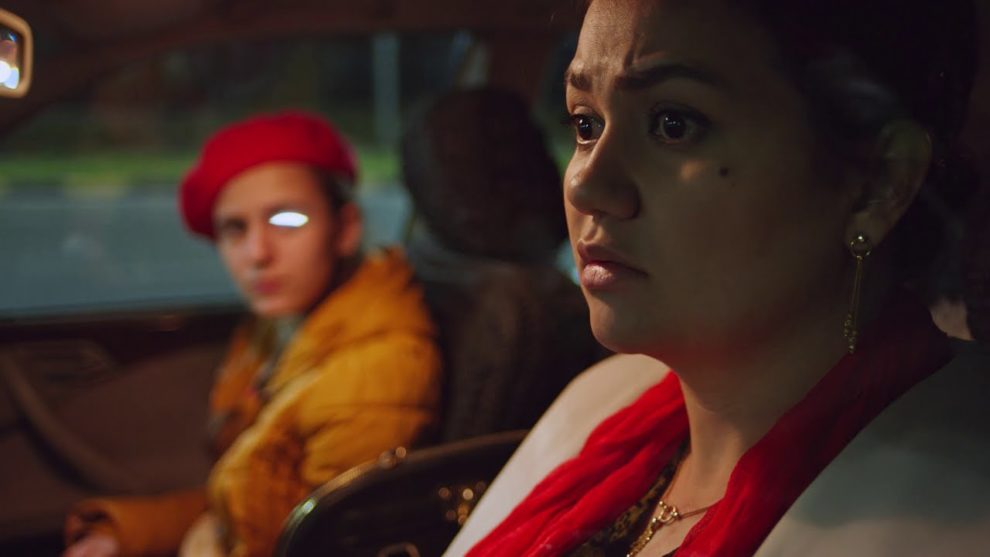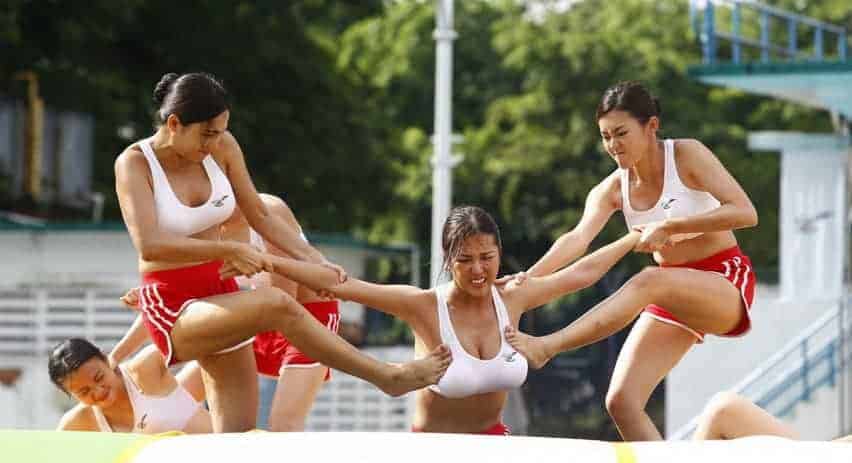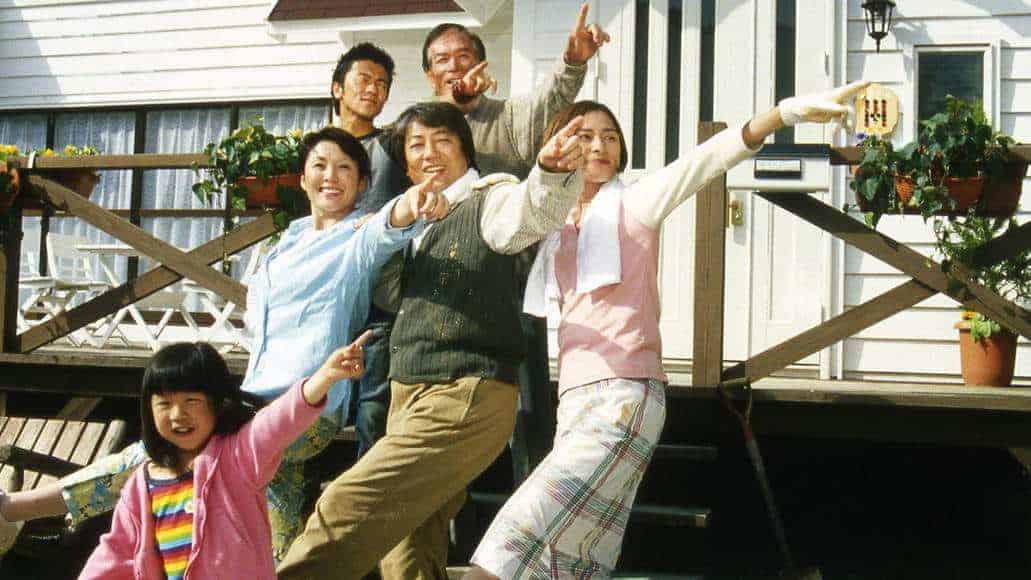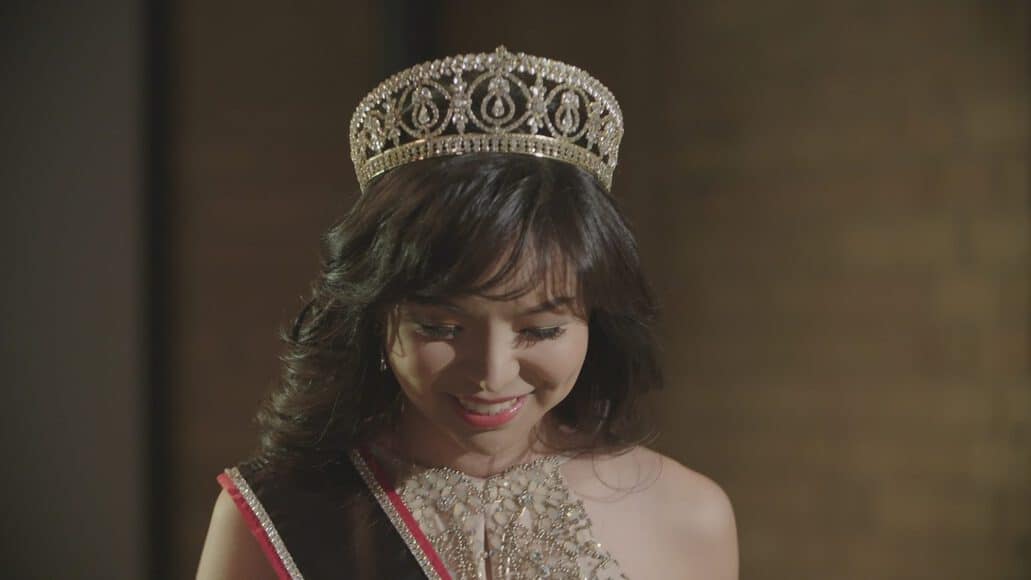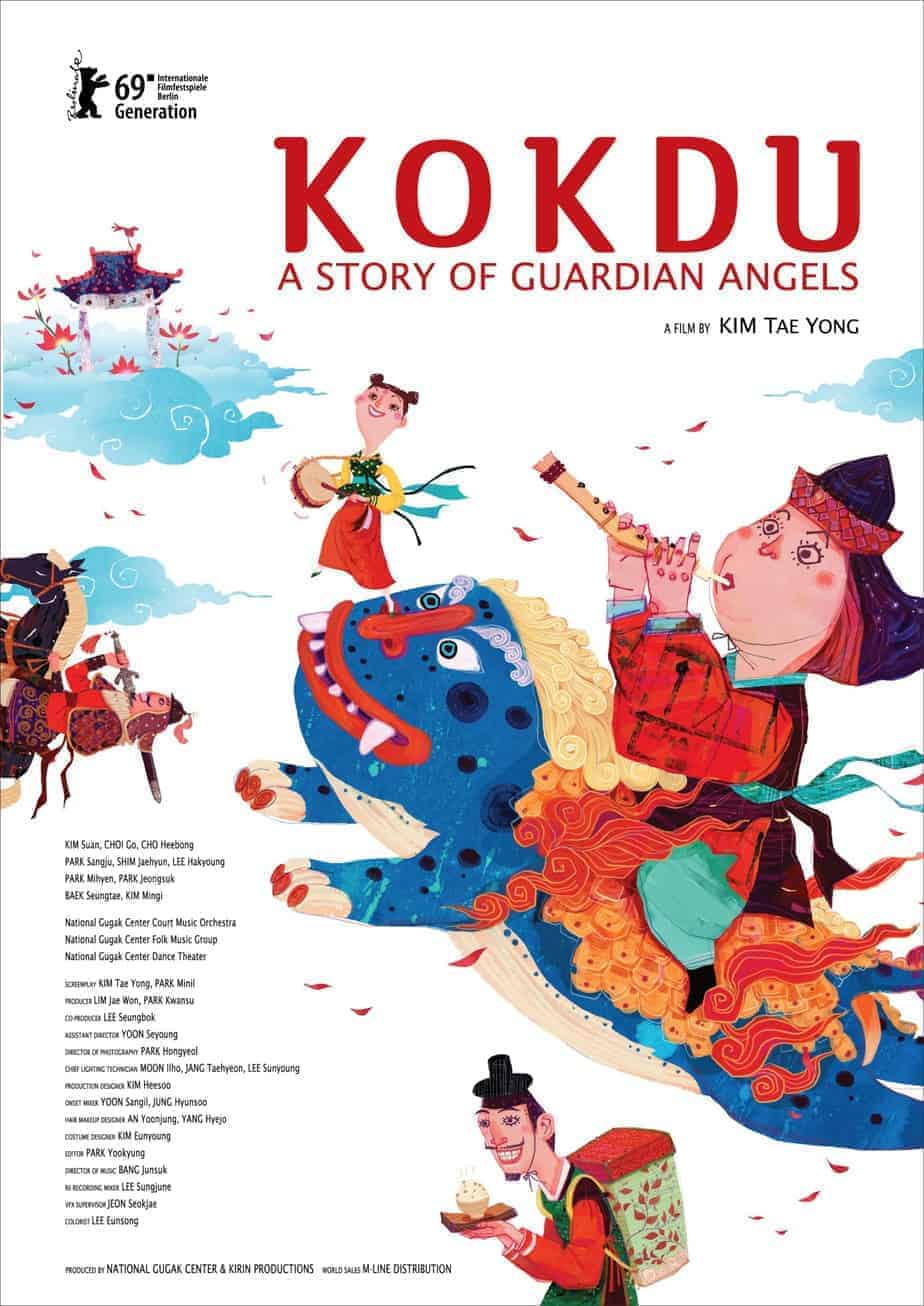The consequences of the pandemic and the lock downs that followed were actually two-fold. First, they created intense financial problems to a number of people, many of which also found themselves stranded away from their homes due to the restrictions. Secondly, the issues that pre-existed came to the fore more intently than ever, as is usually the case during crises. Sharofat Arabova directs a short film that highlights both these aspects.
Tahmina is a woman in her thirties, whose husband is away, something that has caused significant financial problems for her and her daughter, Anora, as the family used to be quite rich, but now find it hard to make ends meet. To support her family, Tahminai applies to get a taxi-driver's licence, despite the fact that she is pregnant. In one of her calls to her husband, Azam, however, she sees that he has changed his appearance, growing a beard, but also his behaviour, since he now asks from her to buy a hijab for her and their daughter and wear it all the time. Furthermore, he does not want to even hear about her becoming a taxi driver, driving unknown men around, while he is categorically negative for his daughter to attend swimming lessons. Anora eventually visits the home of a school friend, Dilnoz, who also seems to have similar problems, since her father has lost his job and has turned into a raging alcoholic. As her father's behaviour becomes even stricter, Anora reminisces how he was before, with his fascination with Hollywood movies and particularly “Taxi Driver”.

Arabova directs a film that focuses on three axes. The first one deals with the financial issues the pandemic created, with many people losing their jobs or finding their income decreasing significantly. That Tahmina's family used to be quite rich, having a maid, driving a luxurious car, and living in an impressively decorated house becomes evident from the beginning, as much as the fact that they are no longer wealthy. This aspect also comments on the situation of the grown ups in the story, but it is here, through the difference between the ways women and men deal with the crisis, that the second, and rather pointy comment is presented. Both Tahminai and Dilnoz's mother try to adapt to the situation and find alternative ways to earn money and support their family, while their husbands turn into fundamentalism and alcoholism respectively, essentially becoming not only useless, but part of the problem. This aspect seems as a rather harsh critique towards the whole male sex, and a praising towards the female, in an approach that borders on being militant.
This comment brings us to the third one, of how all the aforementioned issues end up tormenting kids, who find themselves being unable to understand why things turned to worse, and also unable to make a change themselves, yet. That Anora turns to her happy past for comfort highlights this aspect, as much as the fact that the girls mature rather quickly due to the circumstances, in a coming-of-age that seems unfair at times. The rather mature behaviour Dilnoz exhibits when her drunken father comes home, and the look on Anora's face on the finale of the movie, highlight the fact in subtle, but quite eloquent fashion. Lastly, the tragedy that eventually occurs is excellently portrayed in abstract fashion, with the things unsaid essentially making the scene more impactful.
Visually, the movie is impressive. Urokov Abdukarim has captured the various locations the film takes place in, including the school, the swimming pool, and the two houses with realism and artistry, while Tahmina's house is truly artful in the way it is set up, with particularly a painting on the wall being truly memorable. The night-time in the country is presented in a fashion that could even be described as noir-like, something that definitely benefits the narrative. The highlight of the visual aspect of the movie, however, comes in the finale, with the scene in Anora's room looking almost outwordly beautiful, and the close up to her eyes in the end, speaking volumes about her state mind, a feat that should also be attributed to young Samira Uzakova's acting. Arabova's own editing induces the short with a very fitting mid-tempo, which allows her to present both her comments and the various episodes thoroughly, without rushing, in the 30 minutes the short lasts.
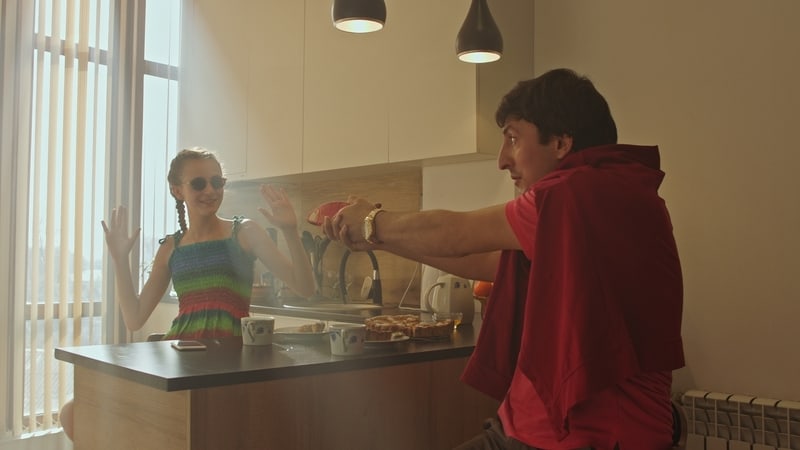
Talking about acting, Tahmina Rajabova as Tahmina has a number of good moments, but there are occasions where her delivery seems a bit forced and unrealistic, although as a whole, her performance is convincing. The same applies to Qandil Toirov as Azam, with the scenes in the past being more convincing than the ones of the present arc, something that could be attributed, though, to the fact that those scenes are through a video call.
“Nasib” is a rather impressively shot short, which manages to communicate its comments eloquently and artfully, in a very timely fashion.


